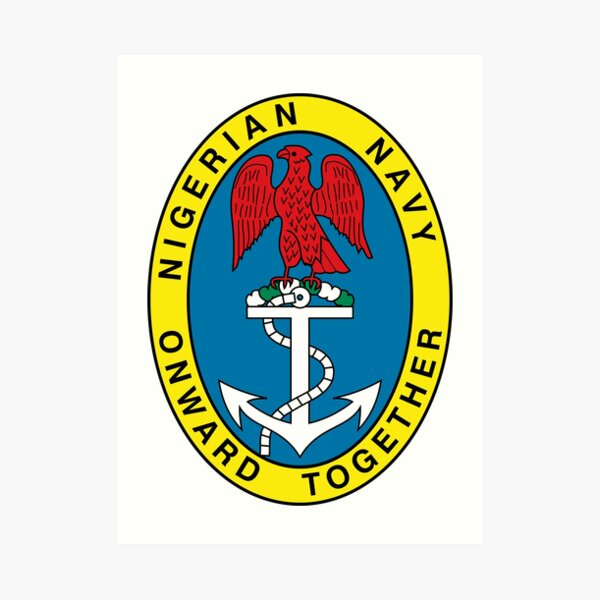The Nigerian Navy’s Decade of Growth and Challenges: A Deep Dive into Maritime Security and Operational Constraints
The Nigerian Navy has undergone significant expansion and modernization over the past decade, bolstering its fleet with 21 new vessels and initiating the construction of several more. This ambitious acquisition program underscores Nigeria’s commitment to strengthening its maritime security apparatus and protecting its vast coastline and exclusive economic zone. The Navy’s intensified efforts have yielded tangible results, leading to the arrest of 333 vessels between 2015 and 2021 for a range of maritime infractions, including piracy, crude oil theft, illegal bunkering, illegal fishing, and other violations. These arrests demonstrate the Navy’s proactive approach to combating maritime crime and safeguarding Nigeria’s economic and security interests.
Despite these achievements, the Nigerian Navy faces persistent challenges that hinder its operational effectiveness. A significant constraint is the lack of adequate logistics to support the expanded fleet. While the acquisition of new vessels enhances the Navy’s presence at sea, the operational costs associated with maintaining and deploying these vessels pose a considerable financial burden. The budgetary allocation for the Navy struggles to keep pace with the increasing demands of its growing fleet, limiting the Navy’s ability to fully utilize its assets and conduct sustained maritime operations. This resource gap underscores the delicate balance between acquiring new capabilities and ensuring the logistical capacity to effectively deploy them.
The shortage of essential resources affects various aspects of naval operations. Limited funding for maintenance and repairs can lead to decreased vessel availability and compromise the Navy’s ability to respond swiftly to maritime incidents. Insufficient fuel supplies restrict patrol durations and limit the geographic reach of naval operations. Furthermore, the lack of adequate personnel and training resources can hinder the Navy’s ability to effectively operate and maintain the sophisticated equipment on its modern vessels. This logistical shortfall necessitates careful prioritization of resources and potentially compromises the Navy’s overall effectiveness in safeguarding Nigeria’s maritime domain.
Compounding the logistical challenges, the Nigerian Navy grapples with the complexities of operating in a challenging maritime environment. The Gulf of Guinea, where Nigeria is located, is notorious for piracy, oil theft, and other illicit activities. The vastness of the area, combined with the often-clandestine nature of these operations, makes effective maritime surveillance and interdiction a complex undertaking. Additionally, the Navy must contend with the intricate network of creeks and backwaters that characterize Nigeria’s coastline. These backwaters provide cover for criminals engaged in illegal activities, making it difficult for larger naval vessels to access and patrol these areas effectively.
The Nigerian Navy’s efforts to enhance its maritime security capabilities extend beyond fleet expansion. The Navy has embarked on indigenous shipbuilding initiatives, demonstrating a commitment to developing local expertise and reducing reliance on foreign suppliers. Three vessels have already been constructed domestically, with two more currently under construction. This focus on domestic shipbuilding contributes to national economic development and strengthens Nigeria’s technological capabilities in the maritime sector. Moreover, the Navy has strategically established forward operating bases along its coastline to enhance its response capabilities and maintain a persistent presence in critical areas. These bases serve as vital hubs for coordinating maritime operations, facilitating rapid deployment of assets, and improving overall maritime domain awareness.
Addressing the “burden of war risk insurance” on Nigeria’s maritime trade is crucial for fostering economic growth and stability. The designation of Nigerian waters as a high-risk zone for shipping due to piracy and other security concerns has resulted in increased insurance premiums for vessels operating in the region. This added cost burdens the Nigerian economy, making its exports less competitive and discouraging foreign investment in the maritime sector. The Nigerian Navy’s efforts to combat piracy and enhance maritime security are essential steps towards mitigating these risks and ultimately lifting the war risk insurance designation. Collaborative efforts involving government agencies, private sector stakeholders, and international partners are crucial for achieving sustainable improvements in maritime security and fostering a conducive environment for trade and investment.














